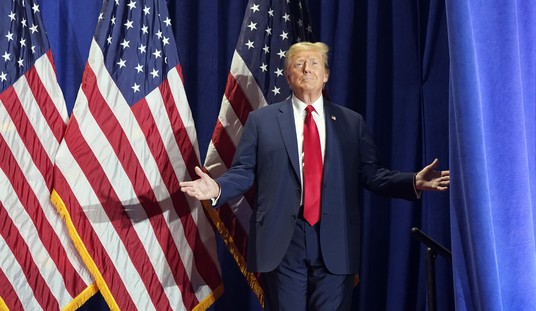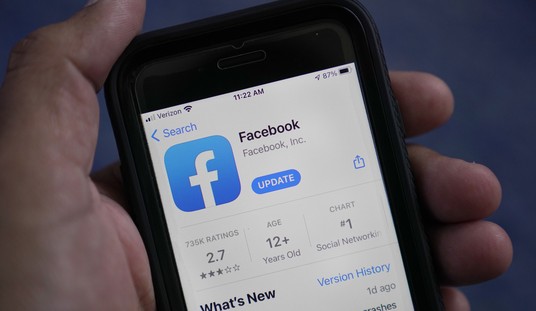The newest Gallup poll (released on December 24th) chronicles the continuing decline of religious influence in America. In 1952, 75% of Americans said religion was very important in their lives. Today, only 51% report this to be true. In addition, most Americans now believe religion is losing its influence on America. In 1957, only 14% of would have made such a claim.
A dramatic shift has taken place in America related to the way we view religious beliefs. Hidden in the data from the Gallup research lies a clue to the reason for this change in public opinion. Why do fewer Americans think religion matters? The answer lies in our love of autonomy.
The Rise of Informational Autonomy
The trend away from religion hasn’t decreased steadily without interruption. In some survey years, the number of people who claimed religion was very important to them actually increased. There was an observable jump in religious interest, for example, following the 9/11 terrorist attacks. The Gallup poll recorded this jump at the time (64% said religion was very important to them following attacks, compared to 52% who said this in 1978). Many churches experienced this increase in interest firsthand. Church attendance “boomed” after 9/11, as houses of worship were “jammed with parishioners seeking refuge, community and a place to grieve.” But just 12 months later, church attendance was back to normal.
September 11 revealed the relationship between religiosity and autonomy. When we feel like we are in control, like we can find the answers on our own, we are less interested in what religion has to offer in these areas. The more powerful we think we are, the less likely we are to turn to a greater power. If, for example, we think we have all the answers (or can get them on our own), we’re less likely to turn to religion when we have a question.
Recommended
The information age has only exacerbated this reality. Almost anything we want to know, want to own, or want to do, is available online - whenever and however we want it. We now have autonomous access to information in more ways than we’ve ever had before. Unsurprisingly, without a national tragedy to shake our sense of informational autonomy, fewer Americans say religion is important to them.
The Rise of Moral Autonomy
The second part of the Gallup poll surveyed the degree to which Americans think religion can answer today’s problems. “For the first time in more than six decades, less than half of Americans, 46%, say ‘religion can answer all or most of today's problems.’ The public is now more closely divided than ever before in its views of religion as the answer to what ails society.”
To be sure, autonomy has a role to play in this part of the survey as well. Moral autonomy has been the driving force in America for decades. A recent national survey found that “according to a majority of American adults (57 percent), knowing what is right or wrong is a matter of personal experience.” Americans increasingly believe that individuals decide what is morally appropriate, and this form of moral autonomy is even stronger in teens. A study of Gen Z Americans (ages 13-18) revealed that teens are more than twice as likely to believe “what is morally right and wrong changes over time based on society” than Boomers (born between 1946-1964).
Religions make moral proclamations that transcend individual belief and cultural consensus. They also make moral claims that require our submission. Unsurprisingly, as America shifts toward moral autonomy, fewer Americans rely on religious systems that make transcendent, unchanging, ethical claims and demands.
Our love of autonomy is the reason for the shift we are seeing in America. The Gallup poll reveals more about our desire for personal independence than it does about our interest in religion. If our sense of informational and moral autonomy continues to increase, fewer of us will turn to religion for answers or direction.

























Join the conversation as a VIP Member